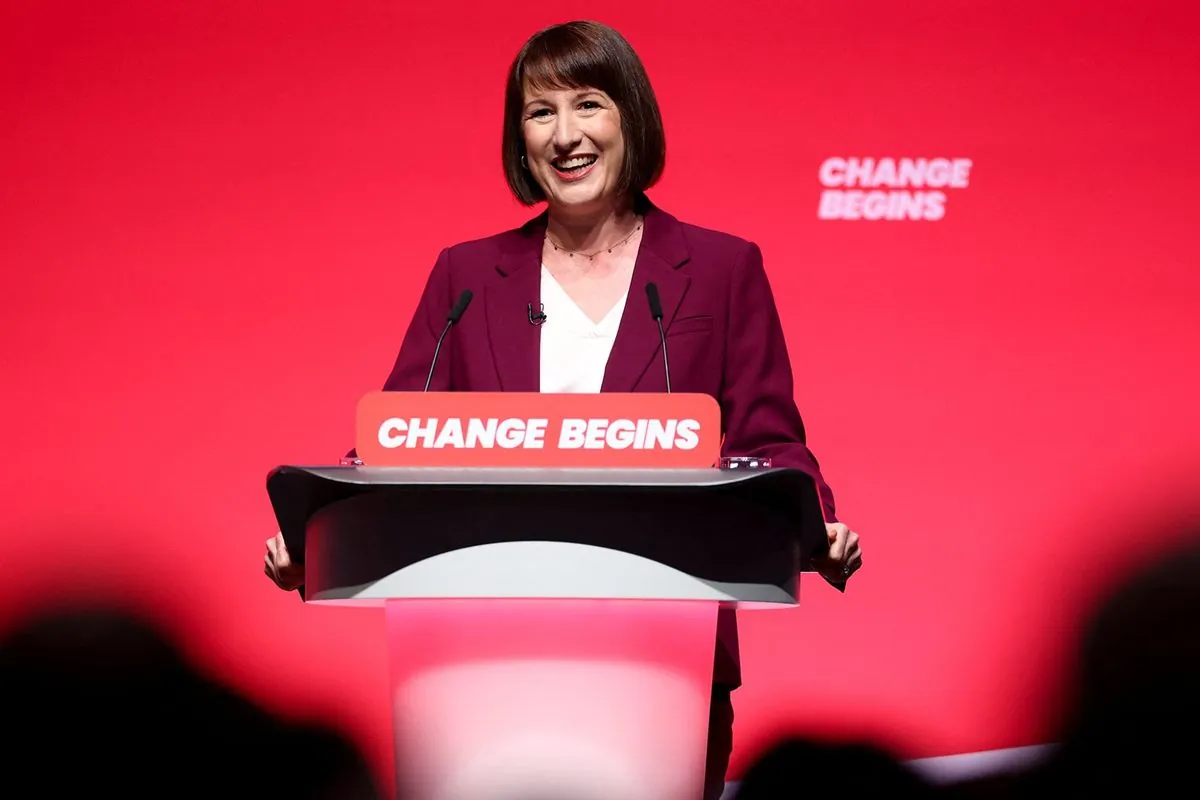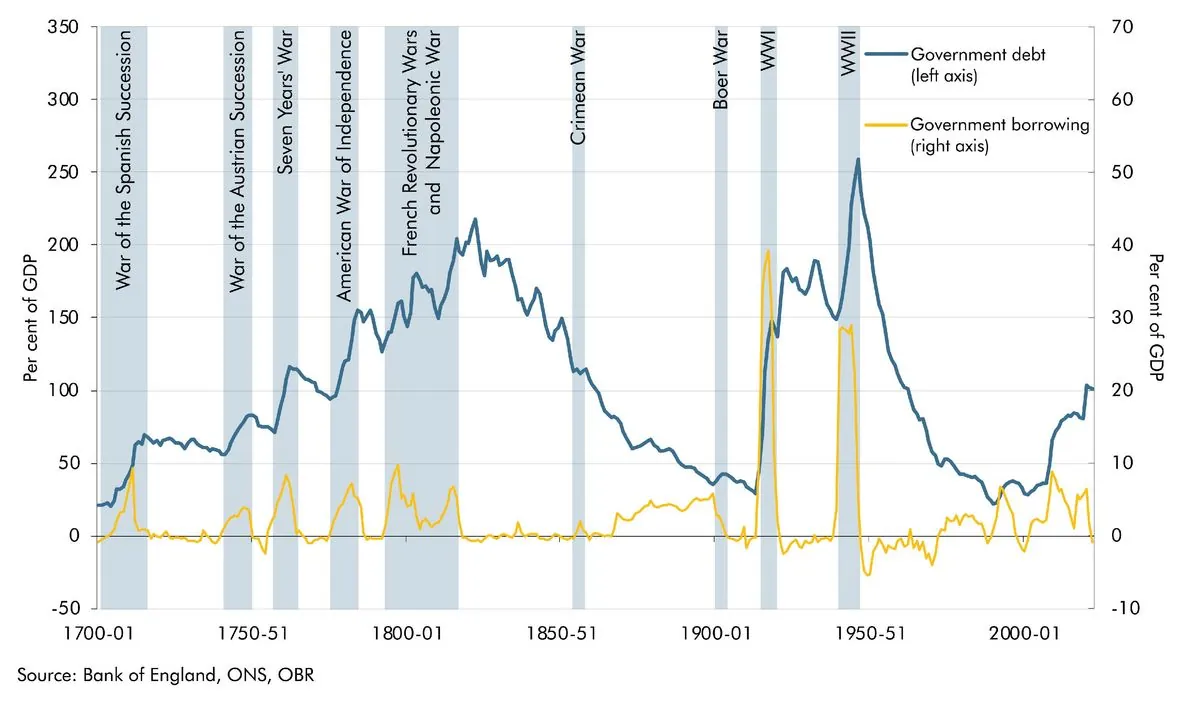Reeves' Economic Vision: A Critique of Labour's Fiscal Strategy
Analysis of Rachel Reeves' recent speech reveals concerns over Labour's economic approach. Critics argue it may undermine consumer confidence and lead to increased taxation, contrasting with the Conservative economic legacy.

Rachel Reeves' recent speech in Liverpool has sparked controversy and criticism, particularly regarding its potential impact on the UK economy. The Shadow Chancellor's address, intended to outline Labour's economic vision, has instead raised concerns about the party's fiscal strategy and its implications for British taxpayers.
The speech, delivered on September 23, 2024, has been met with skepticism from economic analysts and political opponents alike. Critics argue that Reeves' rhetoric may have inadvertently damaged consumer and investor confidence, two crucial factors in maintaining economic stability.
One of the primary concerns raised is the potential for increased taxation under a Labour government. Since 1970, no Labour chancellor has left office having reduced the tax burden, a fact that weighs heavily on the minds of many voters. This historical trend, combined with Reeves' careful avoidance of denying tax increases, has led to speculation about the party's true fiscal intentions.
The Conservative economic legacy, which Reeves inherited as Shadow Chancellor, is presented as a strong foundation. The deficit had been reduced to 4.4% of GDP, less than half of the 10.3% inherited by the Coalition government in 2010. Additionally, the employment rate stood at 74.8%, higher than any year under the previous Labour government.

Critics argue that Labour's approach to economic growth and regulation may be counterproductive. Concerns have been raised about the party's planning policy changes, which could potentially lead to fewer homes being built in high-productivity areas like London. Furthermore, Labour's ambitious decarbonisation plans for the energy grid have been criticized for potentially increasing electricity costs and harming British industry.
The winter fuel payment, a tax-free annual payment to help older people with heating costs, has become a contentious issue. Reeves' proposed changes to this benefit have faced significant backlash, forcing the Shadow Chancellor to defend her position.
Labour's economic strategy also includes significant public sector spending, including above-inflation pay rises and a proposed £8 billion investment in a new energy company. These commitments have led to questions about the party's ability to manage public finances effectively while maintaining their spending promises.
"It all comes down to the fundamental difference between the Conservative and Labour parties. Conservatives believe that you know best how to spend your money, that our society functions better when the government steps back to let you build and invest, and that it is better to grow the pie rather than squabble over its division."
This statement encapsulates the core ideological difference between the two major UK political parties, highlighting the ongoing debate about the role of government in economic management.
As the UK approaches its next general election, the contrast between Labour's economic vision and the Conservative legacy will undoubtedly be a key issue for voters. The coming months will likely see further scrutiny of Reeves' economic plans and their potential impact on the British economy.


































